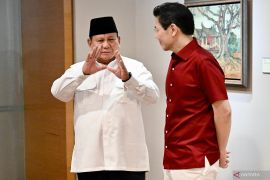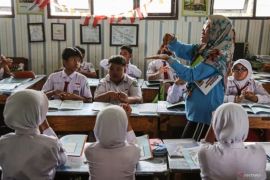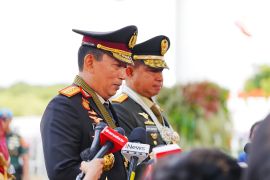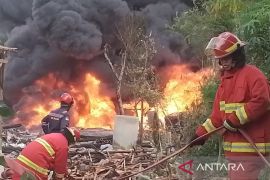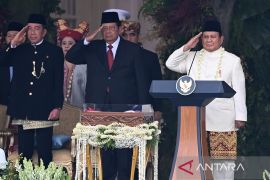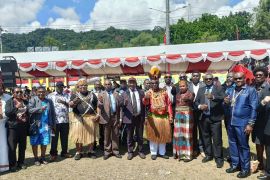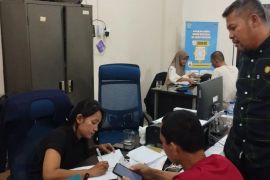Several states have traded weapons "on a massive scale" despite being banned from the arms market, the humanitarian group said.
Myanmar bought $600 million worth of weapons between 2000 and 2010, Iran purchased an estimated $574 million worth from 2007 to 2010 and the Democratic Republic of Congo spent $124 million from 2000 to 2002, the report said.
There have been 26 UN, regional or multilateral arms embargoes in force during this period, it said.
The United Nations is to hold talks on a new arms trade treaty in July.
Oxfam said the illegal trade reinforced the case for "robust" and legally binding laws on the sale and transfer of arms.
Oxfam`s report, "The Devil Is In The Detail," says that the global trade in consumer goods such as bananas, coffee and cocoa is more tightly regulated than the arms trade.
"The challenge is to ensure the new treaty is really strong. It must unambiguously stop arms transfers where they would fuel conflict, poverty or human rights abuses," said Oxfam arms control campaigner Anna Macdonald.
"Existing arms embargoes are far too easy to break or ignore. The lack of international regulation means that states under embargo have been importing whatever weapons they choose with impunity."
Oxfam said there is "an intricate patchwork of regional and sub-regional agreements, but this lacks structure and coherence, allowing states to continue importing and trading weapons despite UN or other types of embargoes."
Macdonald added: "How can the sale of bananas be more tightly-controlled than the sale of machine guns? It just doesn`t make sense."
The aid group said the proposed new arms trade treaty must block arms transfers where there is a substantial risk weapons will be used to violate international human rights or humanitarian law, or undermine development.
"Our position is clear: a weak treaty would be worse than no treaty at all, as this would merely legitimize the existing flawed system," said Macdonald.(*)
Editor: Heru Purwanto
Copyright © ANTARA 2012


